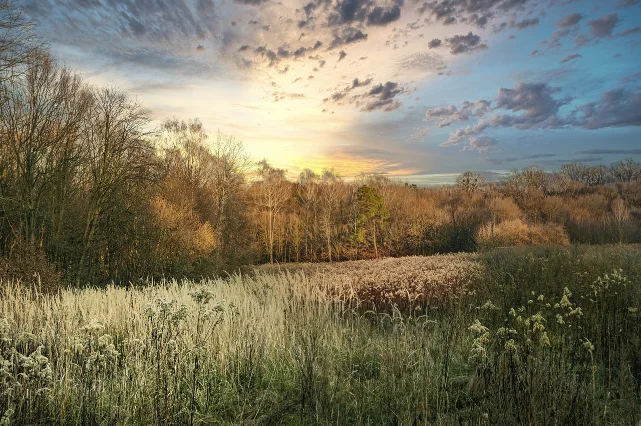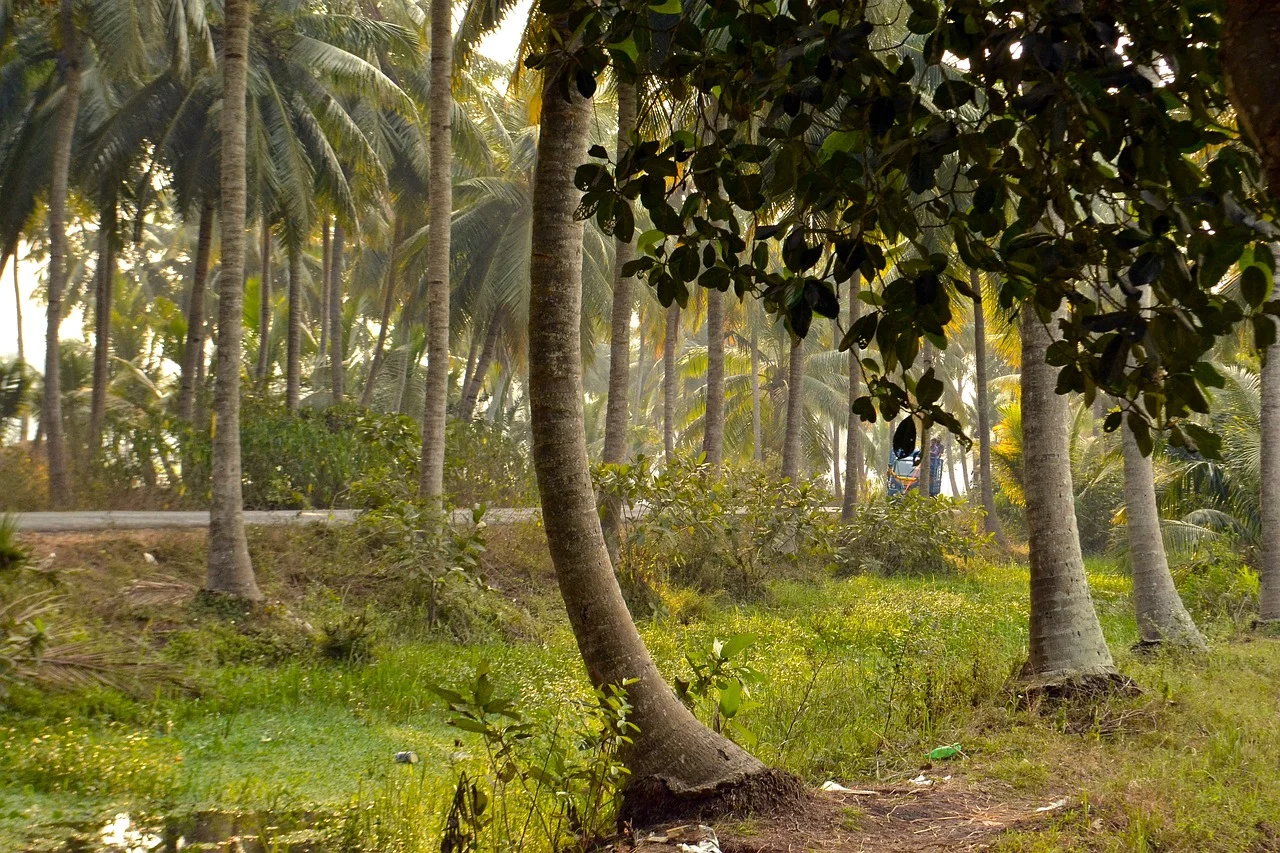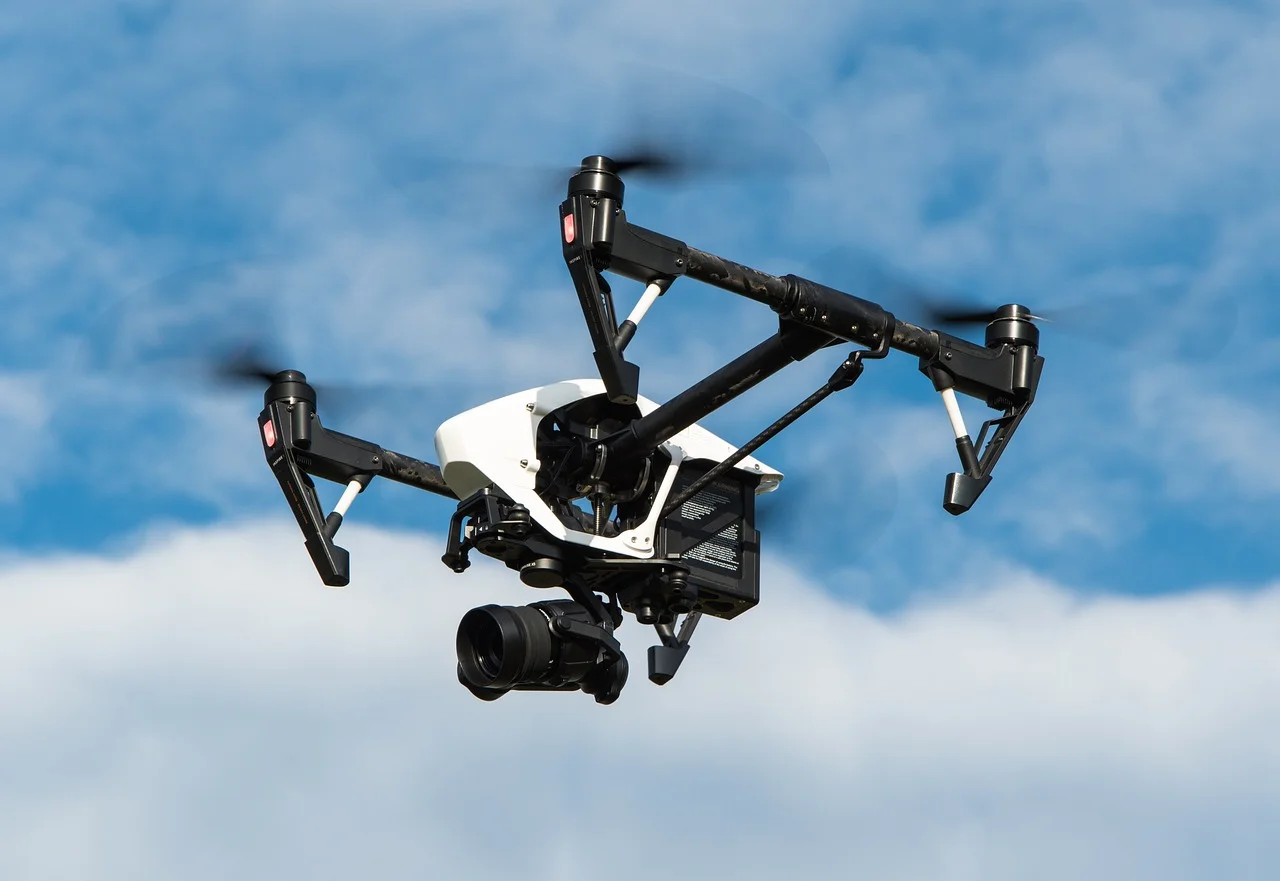In the world of agriculture, maintaining a healthy balance between crops and pests is a perpetual challenge. Farmers have employed various methods to protect their crops, often resorting to chemical pesticides that can have detrimental effects on the environment and human health. However, an eco-friendly and sustainable alternative to pest control exists in the form of an unlikely ally – ducks. These waterfowl not only add charm to ponds and fields but also play a crucial role in naturally managing pest populations.
The Natural Behavior of Ducks
Ducks are known for their natural inclination to forage and graze on insects, weeds, and other small organisms present in and around water sources. Their omnivorous diet makes them effective hunters of pests such as insects, larvae, slugs, snails, and even weed seeds. Unlike chemical pesticides, ducks target specific pests without harming beneficial organisms or contaminating the soil, making them a sustainable and environmentally friendly solution.
Pest Control in Waterlogged Areas
Ducks are particularly effective in waterlogged areas where standing water attracts a variety of pests. Fields with excess moisture often become breeding grounds for mosquitoes and other waterborne insects. Ducks excel at wading through shallow water, consuming mosquito larvae and reducing the population of these disease-carrying pests. Their presence in rice paddies, for example, has been shown to significantly decrease the need for chemical insecticides while simultaneously enhancing crop yields.
Weed Control
Ducks are not only adept at managing insect pests but also play a crucial role in weed control. Their constant foraging helps keep weed populations in check, preventing them from competing with crops for nutrients and sunlight. Ducks consume weed seeds, reducing the overall weed pressure and promoting a healthier crop environment. This natural form of weed control can be especially beneficial in organic farming systems where synthetic herbicides are not used.
The Economics of Duck-Based Pest Control
Beyond their ecological benefits, ducks can also offer economic advantages to farmers. Implementing ducks as part of an integrated pest management strategy can lead to reduced reliance on expensive chemical inputs. The ducks not only contribute to pest control but also provide a valuable source of meat and eggs, adding an additional economic dimension to their role on the farm.
Top 5 Species of Ducks for Pest Control
- Indian Runner Duck: Known for their upright posture, Indian Runner Ducks are excellent foragers that actively seek out insects, slugs, and weed seeds.
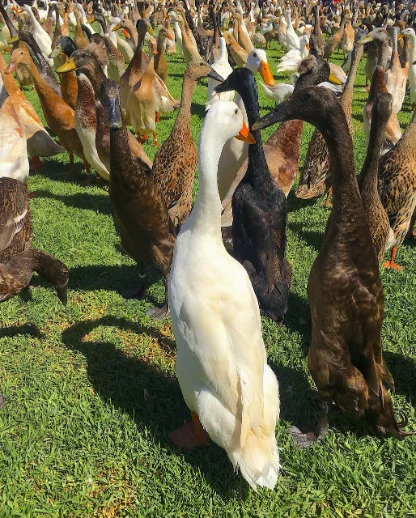
- Khaki Campbell: A highly productive egg-layer, the Khaki Campbell is also proficient at pest control, particularly in wet areas where mosquitoes breed.
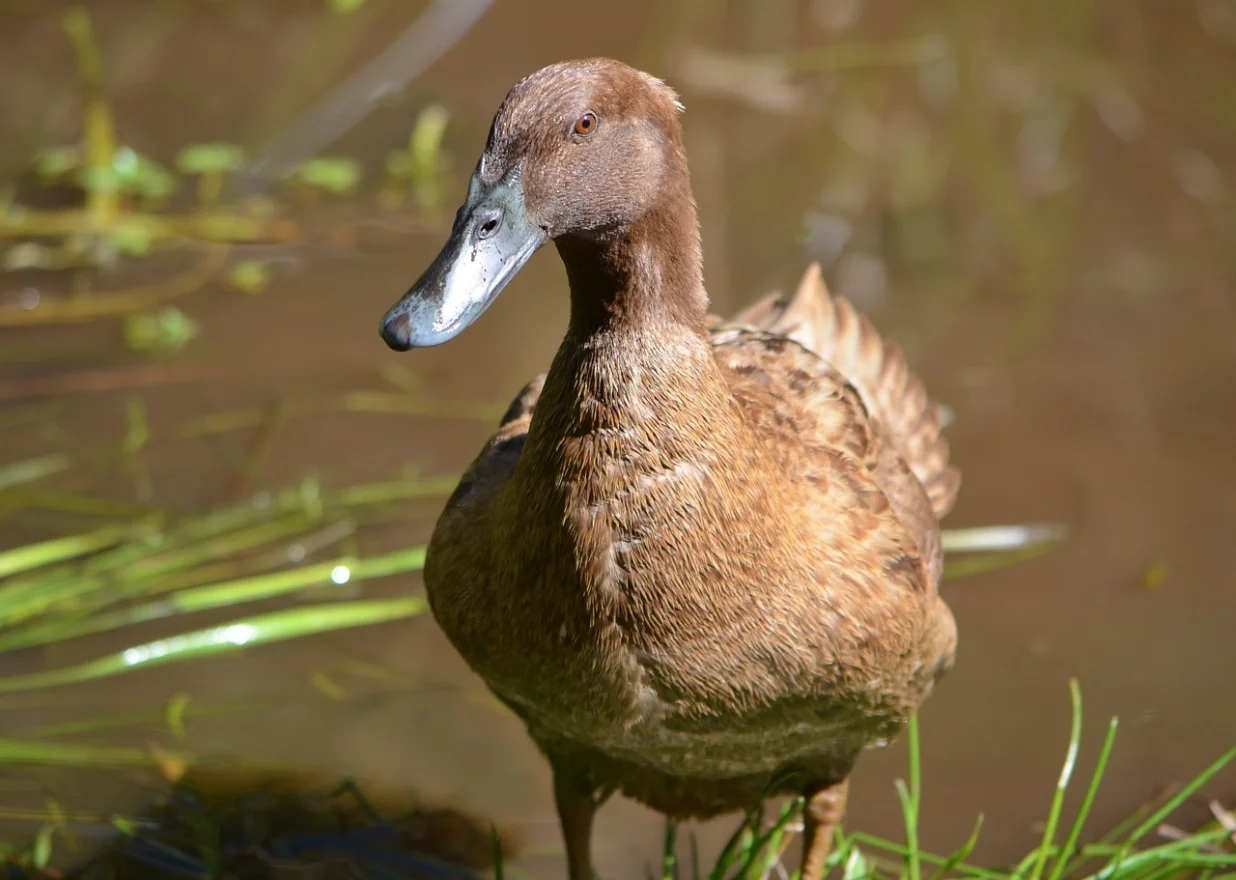
- Cayuga Duck: Recognized for its iridescent dark plumage, the Cayuga Duck is effective in controlling pests in and around water sources.
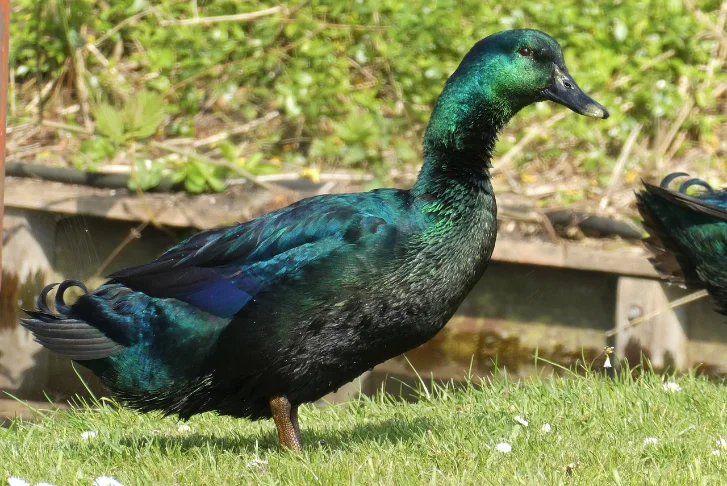
- Buff Orpington: With a calm demeanor, Buff Orpington ducks are not only good foragers but also contribute to pest control in a variety of agricultural settings.
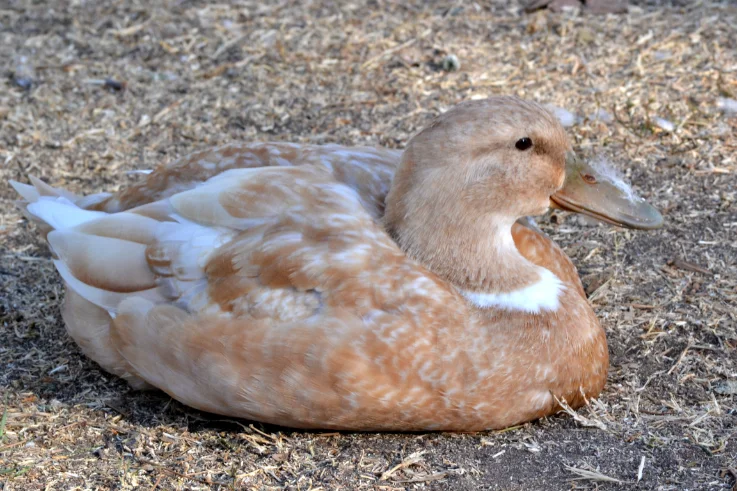
- Muscovy Duck: Muscovy Ducks are excellent flyers and are particularly skilled at controlling flying insects. They are also known for their adaptability to different environments.
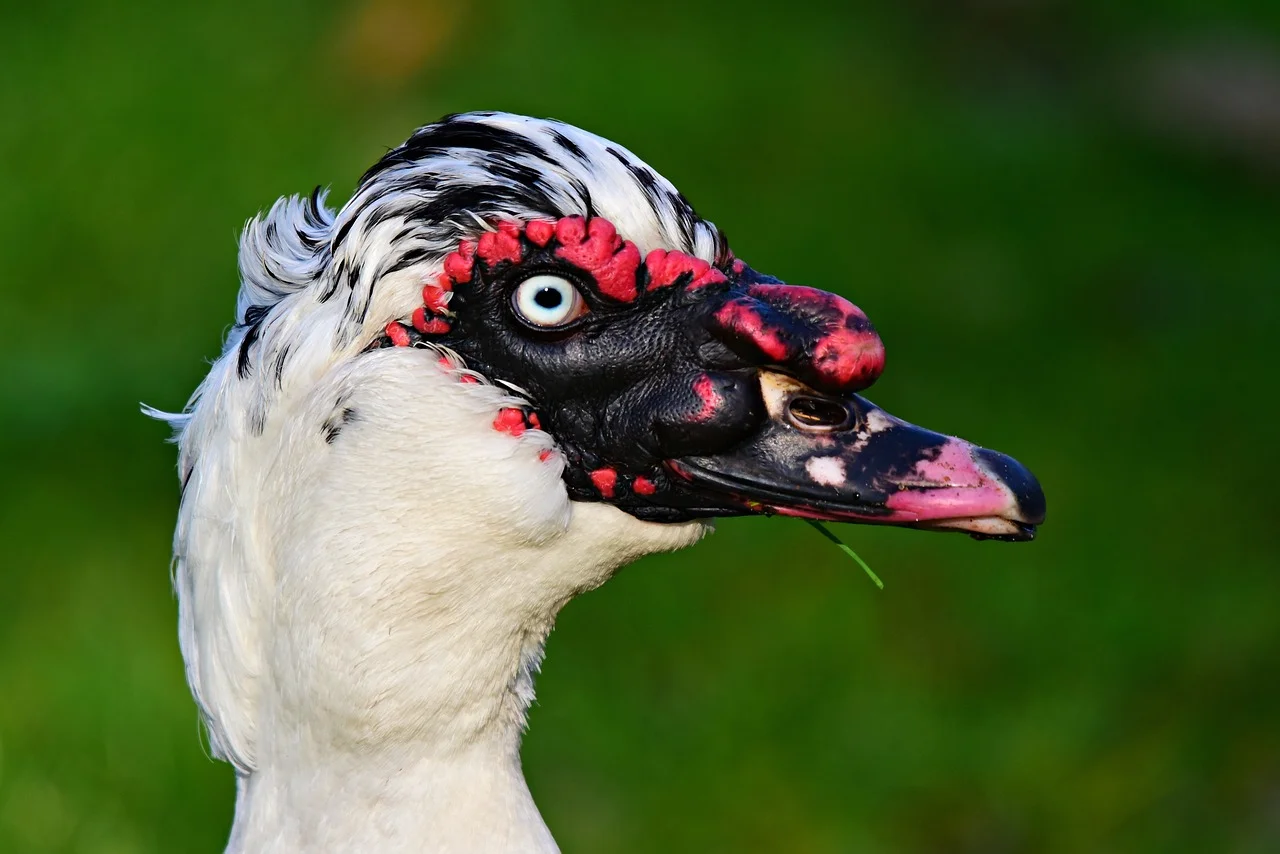
In the quest for sustainable agriculture, harnessing the natural behaviors of animals like ducks can provide an eco-friendly alternative to chemical pesticides. By embracing the role of ducks as natural pest control partners, farmers can foster a healthier and more balanced ecosystem within their fields. As we move towards more sustainable agricultural practices, the humble duck stands out as a valuable ally in promoting both environmental conservation and bountiful harvests.


